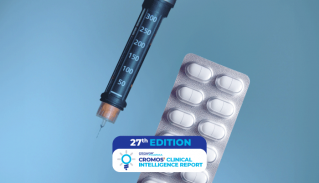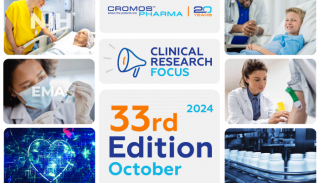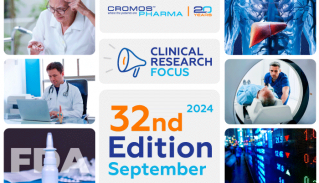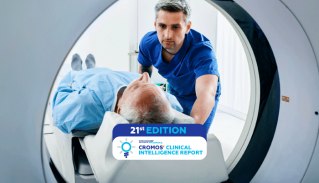
PMBoK, ISO 9001, and ICH GCP: Three Pillars of Quality in Clinical Research
The quality of clinical research is fundamentally supported by strict adherence to international standards and guidelines. In this context, the Project Management Body of Knowledge (PMBoK), ISO 9001, and International Council for Harmonisation of Technical Requirements for Pharmaceuticals for Human Use (ICH) Good Clinical Practice (GCP) standards play a crucial role. These standards are interconnected and complement each other, providing a comprehensive framework for managing projects, ensuring quality, and maintaining regulatory compliance in clinical trials.
The Project Management Body of Knowledge (PMBoK), ISO 9001, and ICH GCP standards are interrelated and complement each other in the context of clinical trial management and regulatory compliance. These guidelines and standards provide a framework for managing projects, ensuring quality, and maintaining compliance with regulatory requirements.
- PMBoK: Developed by the Project Management Institute (PMI), the PMBoK is a comprehensive set of best practices, processes, and terminology for managing projects across various industries, including clinical trials. It covers five process groups (Initiating, Planning, Executing, Monitoring and Controlling, and Closing) and ten knowledge areas (Integration, Scope, Schedule, Cost, Quality, Resources, Communications, Risk, Procurement, and Stakeholder Management). The PMBoK provides a structured approach to managing clinical trials, ensuring that all aspects of the project are addressed and controlled effectively.
- ISO 9001: This international standard outlines the requirements for a quality management system (QMS) to ensure consistent quality and continuous improvement in products and services. ISO 9001 focuses on customer satisfaction, process improvement, and risk-based thinking. In the context of clinical trials, implementing an ISO 9001-compliant QMS helps organizations achieve consistent trial outcomes, maintain data integrity, and improve operational efficiency. The emphasis on risk-based thinking aligns with the risk-based quality management (RBQM) approach in ICH GCP R3.
- ICH GCP: The ICH GCP guidelines provide a unified standard for designing, conducting, recording, and reporting clinical trials to ensure the protection of human subjects, data integrity, and trial reliability. ICH GCP R3 places a greater emphasis on risk management, quality management systems, and sponsor oversight, which aligns with the principles of PMBoK and ISO 9001.
The relationship between these standards and relevant regulations is evident in several key areas:
- Regulatory Compliance: Adhering to the principles of PMBoK, ISO 9001, and ICH GCP helps clinical trial organizations meet regulatory requirements set by authorities such as the U.S. Food and Drug Administration (FDA), European Medicines Agency (EMA), and other global regulatory bodies. These regulations require that clinical trials be conducted in accordance with GCP guidelines and maintain high-quality standards.
- Inspections and Audits: Regulatory authorities conduct inspections and audits to ensure compliance with GCP guidelines and other quality standards. Implementing a structured project management approach (PMBoK) and a robust QMS (ISO 9001) helps organizations prepare for and pass these inspections, demonstrating their commitment to quality and compliance.
- Risk Management: The emphasis on risk management in PMBoK, ISO 9001, and ICH GCP R3 helps organizations identify, assess, and mitigate risks throughout the clinical trial process. This proactive approach ensures patient safety, data integrity, and operational efficiency, which are essential for regulatory compliance.
In summary, the PMBoK, ISO 9001, and ICH GCP standards are interrelated and complement each other in the context of clinical trial management. Adhering to these guidelines and standards helps organizations meet regulatory requirements, maintain high-quality standards, and ensure the protection of human subjects in clinical trials.






























